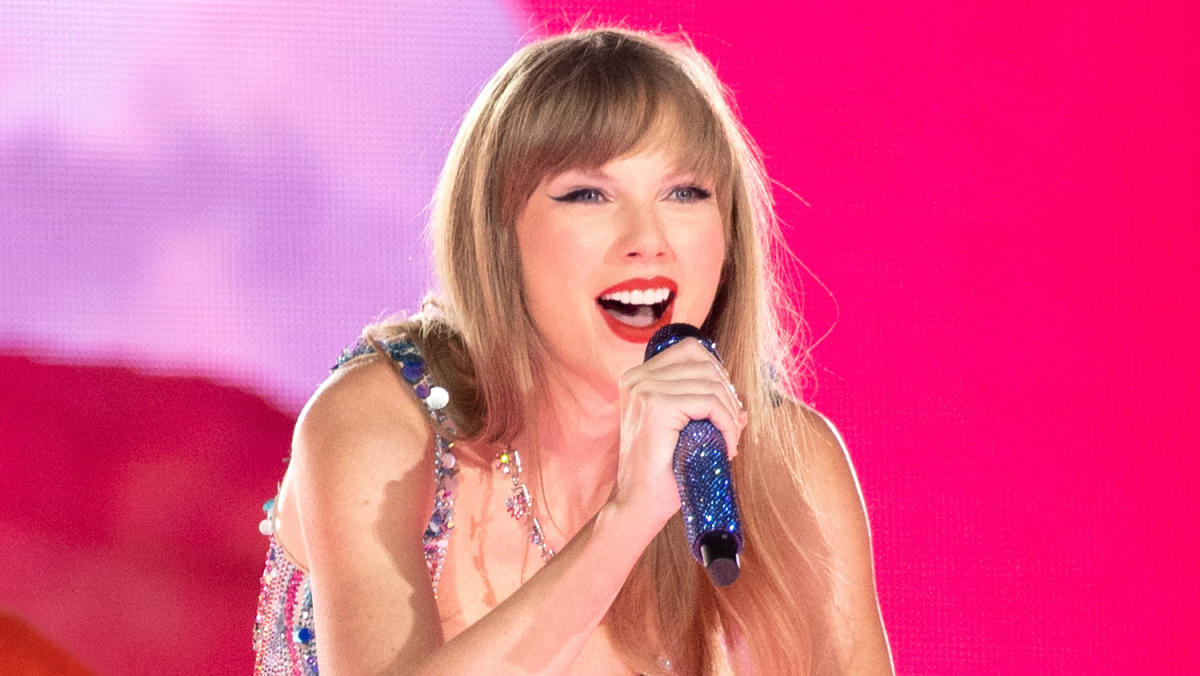By Angela April
In the early years of Taylor Swift’s career her stance on feminism was a subject of debate. When
asked in a 2012 interview with the Daily Beast whether she was a feminist, Swift responded with
an evasive answer. She expressed that she doesn’t frame things in terms of “guys versus girls,”
instead her upbringing by her parents instilled the belief that hard work, regardless of gender,
leads to success in life. In a later interview with the Guardian, Swift clarified her stance. She
admitted that as a teenager, she misunderstood feminism, associating it with animosity towards
men. Over time, Swift realized she had been taking a feminist stance without explicitly stating it.
The singer has consistently addressed double standards in the entertainment industry, critiquing
the different language and expectations applied to female artists vs male. Her song The Man
explores the extra hurdles women have to jump through to be successful with lyrics like “I’m so
sick of running as fast as I can / Wondering if I’d get there quicker if I was a man” and “When
everyone believes ya, what’s that like.” Swift is known to challenge stereotypes about women
being overly emotional in relationships. In several songs, she sings about the hardships faced in
relationships while validating that women can navigate these situations with strength. She works
to prove that women are not defined by their relationships.
The Netflix documentary “Miss Americana,” released in 2020, offered an intimate look at Taylor
Swift’s personal and professional life. It documented her decision to become more politically
active and vocal about issues such as gender inequality and LGBTQ+ rights. The documentary
showed her journey towards embracing her role as an advocate for social justice. In her
acceptance speech for the Woman of the Decade Award at the 2020 Billboard Women in Music
event, Swift openly addressed issues like sexism, gender inequality, and the challenges faced by
women in the music industry. She spoke passionately about the need for change and the
importance of women supporting each other. Swift has no problem publicly speaking up against
gender issues, but is it when it only relates to her?
Taylor Swift’s feminism seems to be more symbolic or self-serving rather than aligned with
broader feminist movements. Her feminism tends to focus on her personal experiences within the
entertainment industry, such as her conflicts with other celebrities, rather than systemic issues
that affect women from all backgrounds. Swift was absent in the major feminist movement for
the right to safe and legal abortions. She has been silent on political issues and never condemned
any of president Trump’s racist, sexist, homophobic, and transphobic rhetoric. During times of
heightened racial tensions, her lack of support for Black Lives Matter showed her selective
feminism. She has never addressed the wage gap or any problems women in marginalized
communities have to face. Without any true attempt to understand, address, or advocate for
women of different backgrounds, Swift’s feminism is not aligned with the movement.
Swift has also been criticized for her role in fueling conflicts with other women, such as her
ongoing feud with pop star Katy Perry. In 2014, Swift accused Perry of sabotaging her Red tour
by hiring her backup dancers. One year later, Swift released the single Bad Blood, widely
interpreted as a diss track aimed at Perry. In the music video, she had female celebrity cameos,
including Gigi Hadid, Cara Delevingne, Karlie Kloss, and Zendaya, just to name a few, all seen
getting ready for a battle. Essentially, she’s gathering a bunch of women to tear another one
down which is contrary to feminist ideals of solidarity.
At the end of the day, while Taylor Swift is a woman, she is a wealthy, thin, able-bodied, straight,
cisgender white woman, which affords her a lot of privileges that other women do not have. She
uses white feminism as a brand and preaches girl power while tearing down other women,
playing the victim, and only addressing issues that affect her. While she’s certainly a role model
for many, her selective approach to feminism means she does not align with the true, inclusive
feminist movement.





